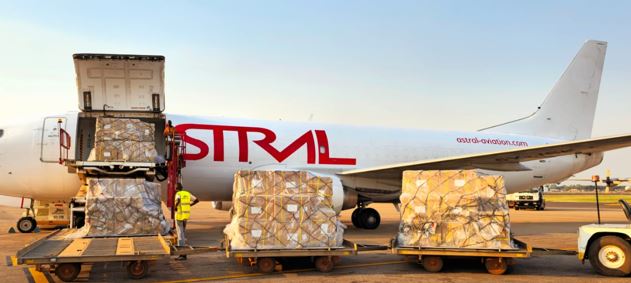The national health ministry and partners on Monday received 1.1 million doses of oral cholera vaccines to help boost the fight against the current outbreak.
According to the health ministry’s undersecretary, Harriet Pasquale, the latest shipment will prioritized for the Unity State capital, Bentiu, its environs, and other areas that have been hard-hit by the cholera outbreak.
“We have also received another 1.1 million doses of cholera vaccines meant for Juba, Piji, and Awil West,” she explained. “However, based on our current situation, we have sat with our partners and decided that Bentiu needs to be prioritized because of the current situation and because it is leading by far in the number of cases.”
She said the latest delivery follows the successful vaccination of over 170,000 people in Renk and 30,000 in Juba IDP camps, and the ongoing vaccination campaign in Malakal.
The ministry also anticipates receiving an additional 2.7 million doses to cover other affected counties.
“The main challenge we are facing as government is the issue of funding to support this cholera response,” Pasquale stated. The partners have done their part and we do expect to have some additional funding from the government,” Pasquale said. “I am positive and I know very well that the government is already working hard to get us the additional funding because the finance minister had already approved some funding to support the cholera response.”
“We see that many lives which could have been saved have been lost to cholera outbreak,” she added.
To improve access, the health ministry has established oral rehydration points within communities and set up additional cholera treatment centers closer to residents.
“We also had another challenge regarding WASH: water and sanitation, water hygiene and sanitation. Our partners have come in to support us, especially in the IDP camps and they set up water points where the water is treated and made safe for the people to drink,” she reported. “Risk communication and community engagement is another area we are working on with partners to strengthen because it is important for the communities to be well informed, to understand the risks and dangers of this disease.”




